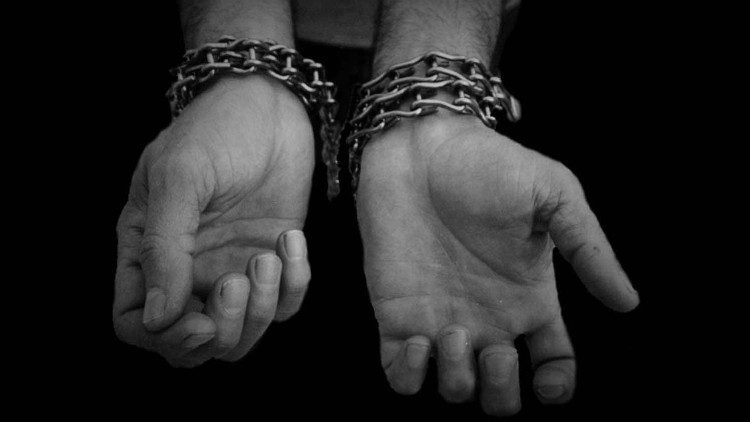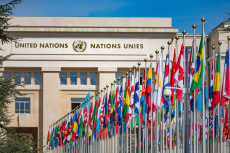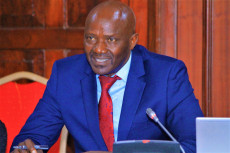- Although international law prohibits torture, human rights organizations indicate that it remains prevalent, often concealed within prisons, detention facilities, and police stations.
- This day commemorates the adoption of the UN Convention Against Torture and serves as both a tribute and a call to action.
June 26 is recognized worldwide as the International Day in Support of Victims of Torture, a significant date sanctioned by the United Nations to focus attention on one of humanity’s most serious violations and the millions who continue to suffer its aftermath.
This day commemorates the adoption of the UN Convention Against Torture and serves as both a tribute and a call to action.
Although international law prohibits torture, human rights organizations indicate that it remains prevalent, often concealed within prisons, detention facilities, and police stations.
Survivors and advocates employ this day to shed light on ongoing violations and the urgent demand for justice and recovery.
Among those advocating for change is Ahmed El-Tayeb, a journalist from Sudan who endured months of state-sponsored imprisonment. He remembers the beatings, mental anguish, and the overwhelming sense of helplessness.
Read More
Now living in exile, he collaborates with human rights organizations to share his experiences and assist others burdened by trauma.
“Healing is a slow process — if it happens at all,” he states. “While the body may mend, the memories linger.”
Global events will be held to honor the day. In Geneva, artwork created by survivors will be showcased outside the UN Human Rights Office.
In Nairobi, NGOs facilitate trauma therapy sessions and community discussions, while an expanding worldwide campaign using the hashtag #SupportTortureSurvivors has populated social media with narratives and demands for accountability.
Though more than 170 countries have ratified the UN Convention Against Torture, implementation still varies. Reports of abuse arise in conflict regions and even within democratic countries, frequently disguised as national security measures or law enforcement actions.
Organizations like the Center for Victims of Torture and DIGNITY Denmark continue to offer legal, medical, and psychological assistance to survivors. However, resources are scarce, and the demand remains vast.
UN Secretary-General António Guterres has called on the global community to take action: “Let this day serve as a reminder of our collective responsibility — to eradicate torture and to support those who have suffered it.”
For numerous survivors, acknowledgment is a significant first step. However, true justice, healing, and accountability are what hold the greatest importance.












